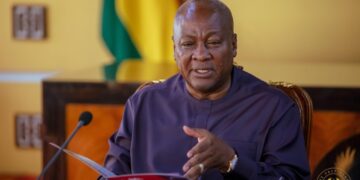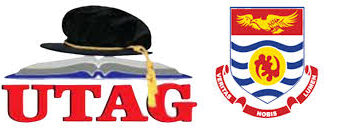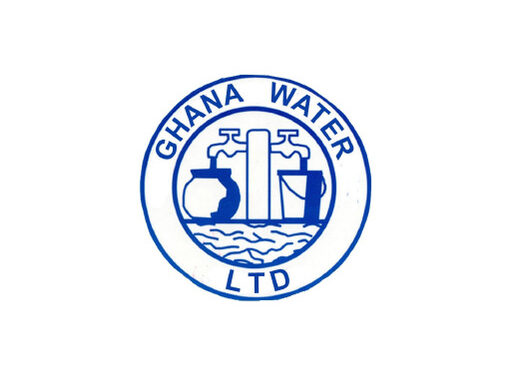Dr. Clifford Braimah, Managing Director of the Ghana Water Company Limited (GWCL), has warned that the country might soon experience a catastrophic water shortage unless immediate action is made to resolve the growing inefficiencies in water treatment.
During his appearance on Monday’s Super Morning Show on Joy FM, which was monitored by ATLFM, Dr. Braimah voiced his severe worry over the treatment process’s excessive water loss, which he said had beyond permissible limits.
Water loss in treatment facilities is now ranging from 35% to 50%, which is “very harmful to our health,” according to Dr. Braimah. The optimal loss rate is about 5%.
The plant is in a precarious state, he said, making the water toxic when consumed, but “unfortunately, this is what we are experiencing now.”
If things don’t change, he said, the nation may run out of potable water. “We might not even have water,” Dr. Braimah said. “The process losses that we are supposed to have on our plant should be 5% or less, but now we are having between 35% to 50% process loss.”
“Instead of having 95% of the water going to customers, we are only getting 50% to 55%,” he said, further emphasizing the seriousness of the problem. A less amount of water is reaching consumers.
Even with this decreased supply, Dr. Braimah pointed out the higher expenses of maintenance. Regrettably, additional chemicals—expensive chemicals—are required to get even this 50% or 55%. He warned that if it wasn’t the case, the percentage would be withheld.
“Our rhetoric needs to go beyond the political jargons to the reality that citizens must take control over their lives,” he said, stressing the urgency of the situation and calling for swift action.
Read Also: Handler attacked by tiger at Australian theme park
Furthermore, he brought up the fact that the present method of water treatment is still capable of eliminating dangerous components, but that if pollutants are allowed to accumulate, the system might be overwhelmed. “But it does not mean that once it continues to accumulate, we are not going to get to the levels that we might not be able to do professional treatment to work,” noted Dr. Braimah.
As the pollution level continues to rise, he warned that the treatment system may be overwhelmed and he pleaded with Ghanaians to act quickly to stop it. “The caution is very critical for us to take up and ensure that we do not continue to pollute, so that we will get to levels that are not tolerable to the system, that can create problems for us,” according to him.
Dr. Braimah acknowledged the difficulty of predicting when the issue would reach a critical level when questioned about the potential timeframe. He went on to say, “It will be difficult; we have not done those analyses, and I am not in the position to put out something that I have not assessed,” implying that the Water Resources Commission could have more particular knowledge.
SOURCE: BBCNEWS


























